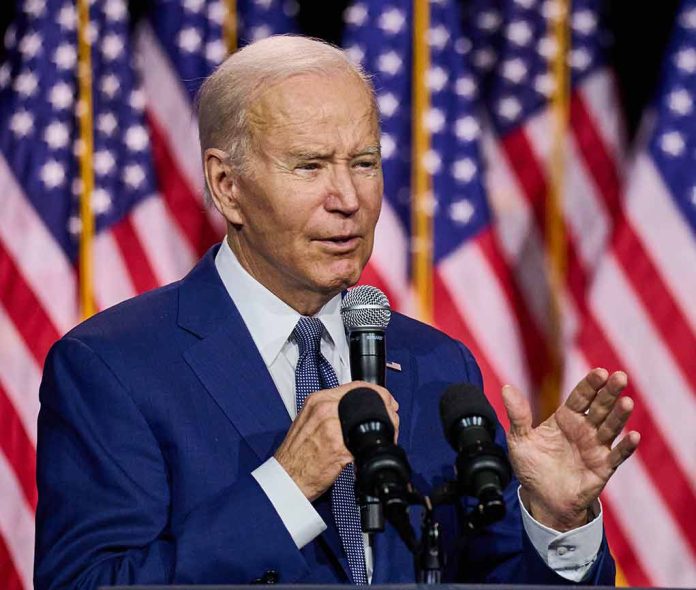
Legislative Hurdles: The Challenge of Biden’s SCOTUS Overhaul
Imagine a political chess game where the stakes are nothing less than the future of America’s highest court. President Biden has made a bold move with his Supreme Court reform proposal, but the path to implementation is fraught with obstacles. This story matters because it highlights the delicate balance of power in Washington and the complex process of constitutional change. As we dive into the legislative hurdles facing Biden’s SCOTUS overhaul, we’ll uncover the key players, their motivations, and the potential impact on the judiciary. Buckle up for a journey through the corridors of power and the intricacies of American democracy.
Senate Gridlock and House Opposition
Senate Majority Leader Chuck Schumer’s response to Biden’s proposal exemplifies the challenges ahead. While praising the initiative, Schumer stopped short of committing to a vote, stating:
“I am particularly pleased President Biden called for undoing the damage of the Court’s recent immunity decision” – Chuck Schumer
This cautious approach reflects the complex political calculations at play. Meanwhile, House Speaker Mike Johnson has declared the proposal “dead on arrival” in the Republican-controlled chamber, effectively blocking one potential avenue for reform.
Schumer won't commit to Senate votes for Biden’s long-shot radical SCOTUS overhaul https://t.co/yNUNKUxHh1
— Fox News (@FoxNews) July 30, 2024
Constitutional Hurdles and Legislative Alternatives
The most ambitious aspects of Biden’s plan, such as term limits for justices, would likely require constitutional amendments. Given that only 27 amendments have been ratified in U.S. history, this presents a formidable challenge. Recognizing this, Schumer is exploring legislative options:
“An option I am considering is drawing up legislation clarifying that the President is NOT immune from violations of federal law” – Chuck Schumer
This approach could address some concerns without the high bar of constitutional change, but its scope would be limited compared to Biden’s broader vision.
Democratic Hesitancy and Strategic Considerations
Even within the Democratic Party, support for Biden’s proposals is far from unanimous. Senators like Dick Durbin and Laphonza Butler have expressed cautious interest without fully endorsing the plan. This hesitancy reflects the political risks associated with court reform, especially in an election year. The administration’s delay in acting on a 2021 report on court changes further underscores the complexity of the issue.
“I have questions about some, but I support others” – Dick Durbin
As the debate unfolds, the path forward for Biden’s SCOTUS overhaul remains uncertain. The administration must navigate a maze of legislative hurdles, constitutional constraints, and political calculations to turn its vision into reality.
Sources
- Schumer won’t commit to Senate votes for Biden’s long-shot radical SCOTUS overhaul
- Schumer stops short of endorsing Biden’s Supreme Court proposals
- Schumer to vote for GOP resolution overturning DC crime bill
- Senate GOP sets high bar to support Biden’s Supreme Court pick
More from Around the Web
Schumer won’t commit to Senate votes for Biden’s long-shot radical SCOTUS overhaul;
Schumer won't commit to Senate votes for Biden’s long-shot radical SCOTUS overhaulhttps://t.co/wKokjv6GfM
Schumer that is the f****** problem, you don't like the courts immunity decision. And we all know why.
— (USA) 🇺🇸🇮🇹 (@Dreamseeker_USA) July 30, 2024














